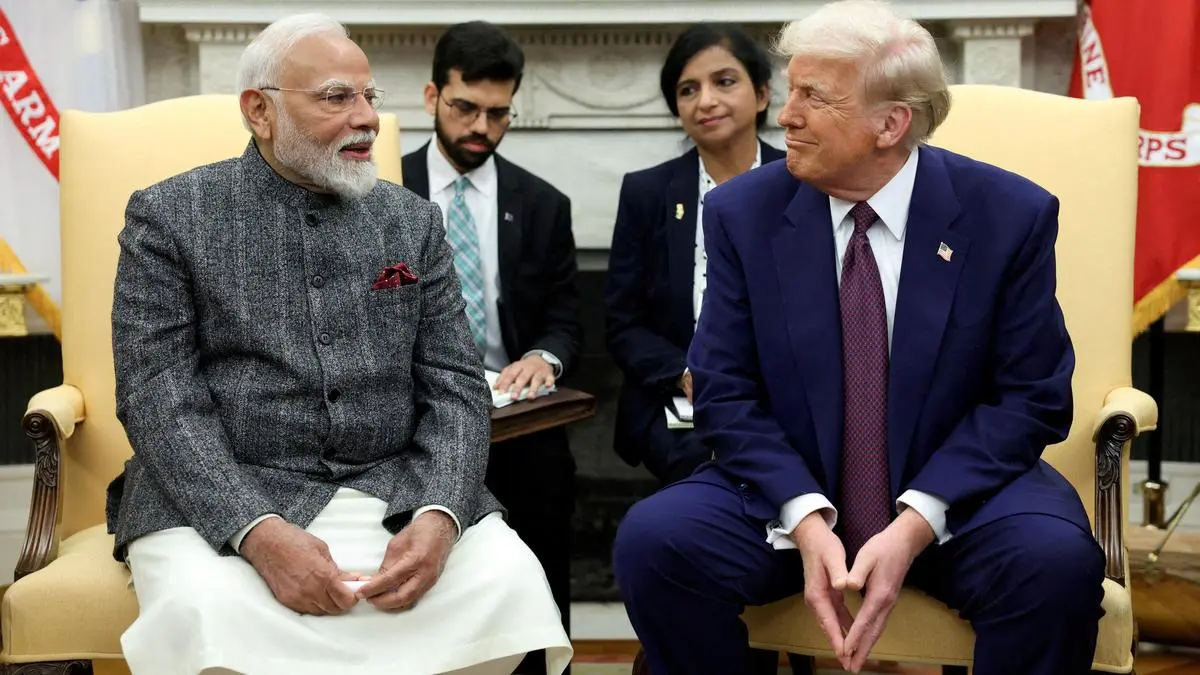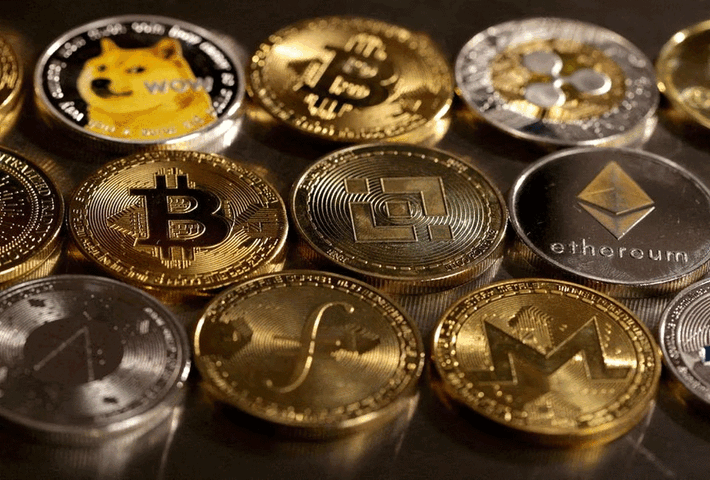
Not too many days ago, it seemed as if India-US ties were headed for the doghouse and set to remain there for a prolonged period. The last few days, however, have seen a tidal shift. President Donald Trump wished Prime Minister Narendra Modi on his birthday calling him “my friend”, while Modi responded with equal warmth signalling the personal ties between the two leaders getting back on track. The two countries have also re-started the trade talks, which were stalled after the US imposed an additional penal tariff of 25 per cent on India’s purchases of Russian oil. A US trade negotiator was on a day-long visit to India on Tuesday.
This change comes as a relief to both parties. India cannot easily contend with tariffs of over 50 per cent, given that its export products can be sourced by US consumers from alternative markets more easily than India’s ability to find new markets for them. The US accounts for about 18 per cent of Indian exports, with livelihoods at stake here, particularly in textiles and leather. An impasse hurts the US geopolitically as well, given India’s primacy as a countervailing force to China in this region. After the bonhomie, seen globally, between Modi, President Xi and President Putin at the Shanghai Cooperation Organisation meeting in China three weeks ago, it’s the US that appears to be on the back foot. It’s quite likely the US State Department has finally managed to get a word in and persuade Trump that there’s a lot more to the Indo-US engagement than just trade and tariff. Indeed the US Embassy in New Delhi had put out a tweet to that effect two weeks ago. The softening of Trump’s approach may also be related to back channel diplomacy.
India seems intent on being both firm and amenable to talks. Not that the red lines have changed. Agriculture and dairy markets cannot readily be opened for livelihood reasons. Besides, controversies over GM food imports, as well as the use of animal feed in dairy products, cannot be overruled with a stroke of a pen. However, India can certainly bring down its industrial tariffs to zero for US goods, just as it has done for other FTA partners. It should draw the US’ attention to the fact that imports of Russian oil have fallen in recent times. According to reports, India’s largest private importer of Russian oil hasn’t ordered any of it in September. If the US is especially keen to break the logjam, it should revoke the penal tariff of 25 per cent right away. With India’s imports of Russian oil already beginning to slow down, there is no justification for the penal tariff to stay.
It is also incumbent on the US not to shift its goalposts from time to time. As for India, it is worth pursuing a deal on its terms, but not end up with a bad one which hurts its small producers in particular. A good pact is possible, provided the talks proceed in a measured, reasonable way. Birthday wishes notwithstanding, it’s up to the US to shore up its reputation as a trustworthy democracy.
Published on September 17, 2025



